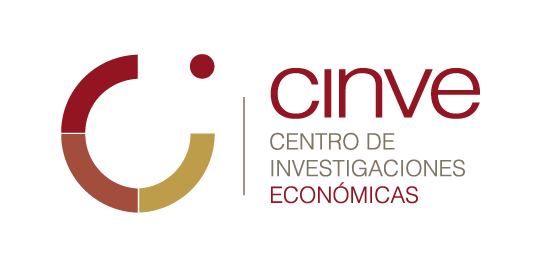“Large-scale mining in a small developing country: macroeconomic impacts of revenue allocation policies”,
Resources Policy 46 (2016), pp. 433- 443.
Authors:
Cecilia Llambi, Marcelo Perera, Flavia Rovira, Carmen Estrades
If fulfilled, the plan to start exploiting iron ore reserves at a large-scale in Uruguay would attract the country’s largest foreign direct investment and would change the productive structure of the country, historically based on agricultural and livestock production. The prospective of large-scale mining could increase public revenue by taxing the activity. However, as the “natural resources’ curse” hypothesis states, there may be some negative effects associated to the exploitation of natural resources: Dutch disease phenomenon, high-income volatility of resources, rent seizing, among others. The aim of this paper is to assess the impact that the exploitation of iron ore reserves might have on the Uruguayan economy, and to discuss different policy options in order to make use of funds derived from the activity. To do so, we apply a dynamic general equilibrium model, and we simulate different revenue allocation policies. Our results show that, even when the exploitation of iron ores reserves might lead to an appreciation of the domestic currency and thus have a negative impact on traditional export sectors, the magnitude of the effect would not be significant, and it would not adversely affect the long-term growth rate. The negative impact can be mitigated with the creation of an intergenerational investment fund, especially when a higher part of it is destined to foreign assets. Destining a high part of the fund to investment in infrastructure also contributes to boost the growth in GDP linked to the introduction of a large-scale mining activity in the country.
